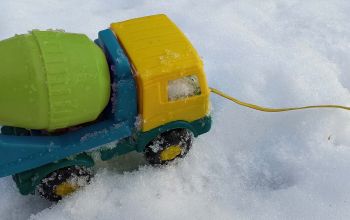September is a time for learning

As students return to school, early childhood educators also have an opportunity to nurture curiosity and creativity, to focus on personal growth, learning and development. Spend time this month learning, listening and reflecting on the role early childhood educators have in reconciliation.






